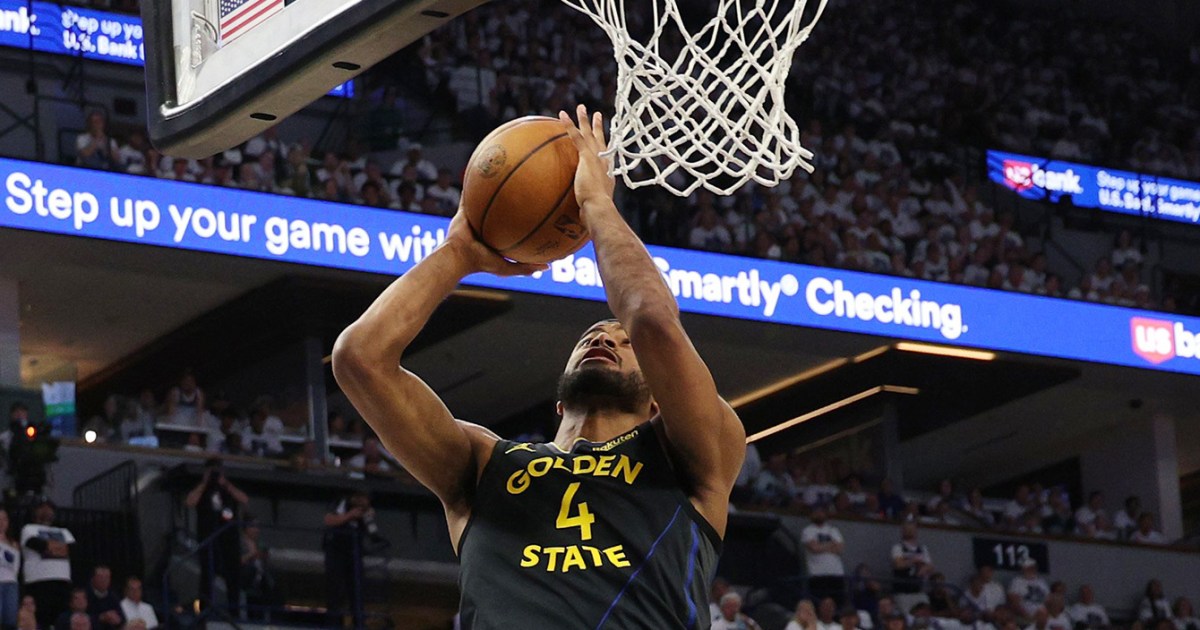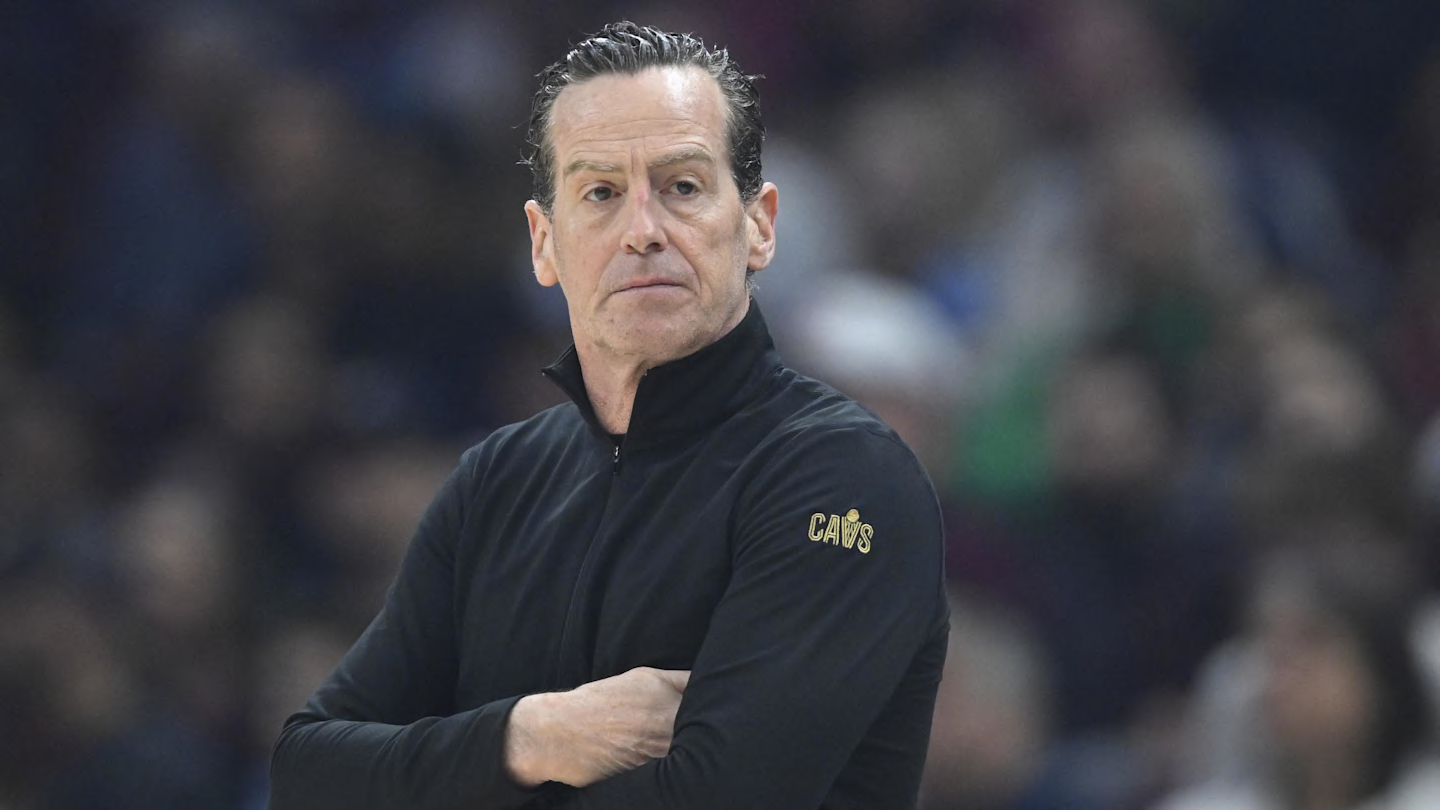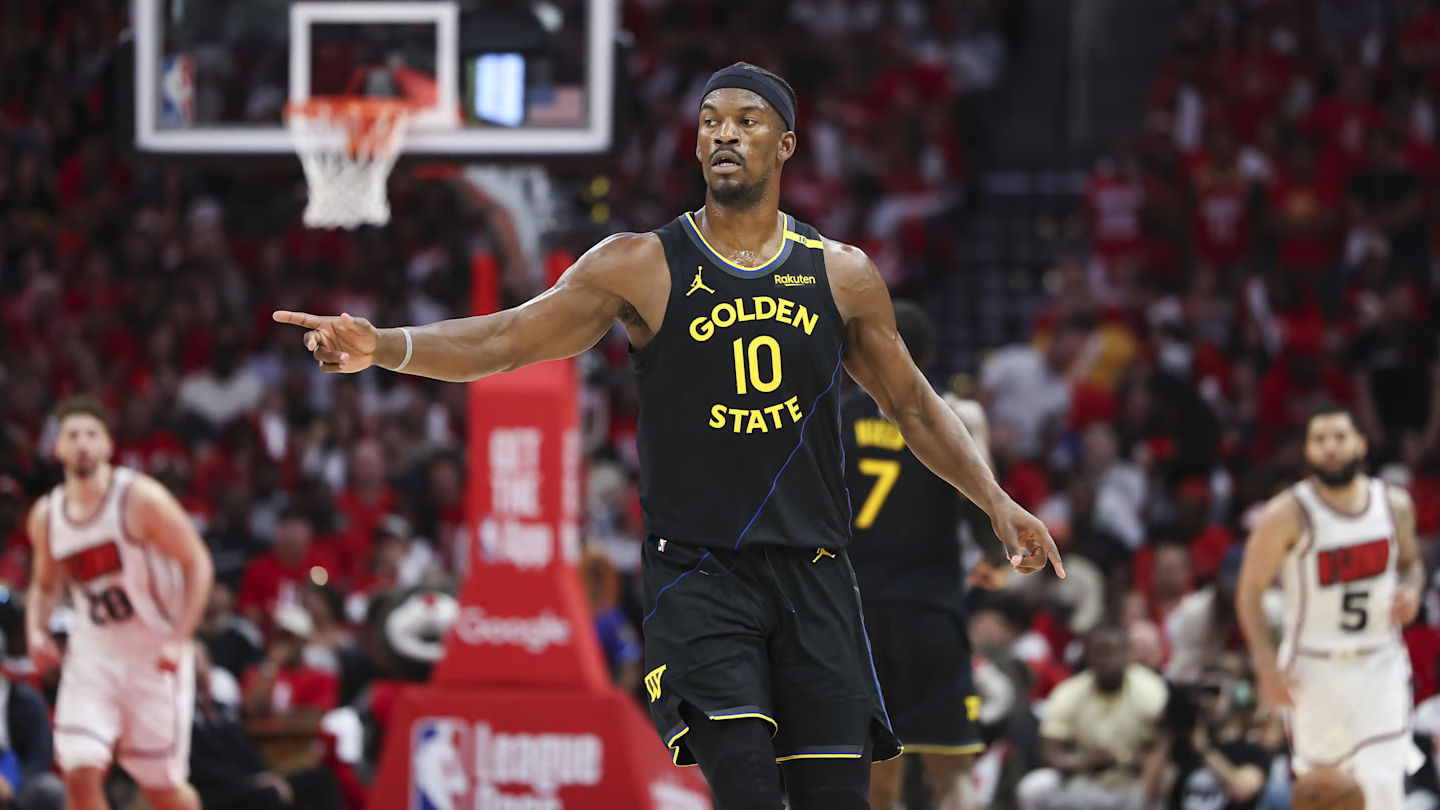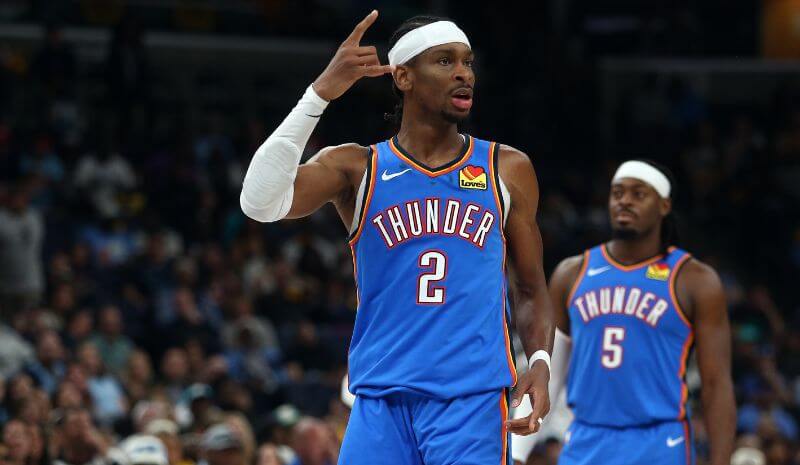
Something unprecedented is happening during the NBA playoffs: Home teams suddenly can’t win.
During a remarkable three-day run that began Sunday, home court has proven to be no advantage, with road teams going a combined 6-0.
The stretch has been bookended by Golden State victories that saw the Warriors, the seventh seed in the Western Conference, first topple the second-seeded Rockets in Houston in Game 7 of their opening-round series, then open the conference semifinals two days later with a 99-88 win in Tuesday’s Game 1 in Minneapolis against sixth-seeded Minnesota.
Yet the Warriors aren’t the only road warriors.
To open the conference semifinals, Indiana has won twice in Cleveland against the East’s top seed, with the latter decided by Tyrese Haliburton’s game-winning shot Tuesday. And in a pair of Game 1s on Monday, Denver upset the West’s top seed, Oklahoma City, thanks to its own game-winning three-pointer, while New York rallied from down 20 points in Boston to stun the reigning champion Celtics.
Add up all the chaos, and for the first time in NBA history, all four road teams have won Game 1 of the division/conference semifinals.
The small sample size of results, though unexpected, has played out against a larger backdrop that helped make such history possible.
During the 2017-18 season, NBA teams averaged 108.6 points per 100 possessions. This season, that average had jumped to 114.5 — which was actually a decrease from the record of 115.3 set last season. That frenzy of scoring, together with rapid player movement via free agency and trades, has ushered the NBA into its parity era. A different franchise has won the last six NBA championships, which ties 1975-80 for the longest streak of unique title winners.
As teams place a higher priority on playing as many quality shooters as possible, and this season averaged a record 37.6 three-point attempts — a full two more attempts per game than the next-highest season, in 2021-22, according to Basketball Reference — ground has never been easier to be made up quickly. Just tell that to the three home teams that opened the conference semifinals with Game 1 losses despite once leading by double digits.
Cleveland led 119-112 with 48 seconds to play in the fourth quarter of Tuesday’s Game 2 against Indiana, only to be outscored 8-0 and lose.
“We outplayed them most of the game,” Cavaliers coach Kenny Atkinson said after his team, which went 64-18 during the regular season, fell behind 2-0 in its second-round series. “We ran out of gas.”
During its dominant regular season, Cleveland won at home 34 times and lost just seven. Yet it has already lost twice to Indiana at home in this series alone, in part because Evan Mobley, the NBA’s Defensive Player of the Year, and key reserve De’Andre Hunter both suffered injuries in Game 1. Guard Darius Garland also missed his fourth consecutive playoff game Tuesday because of an injured toe.
When another injury hit Game 1 Tuesday in Minneapolis, it looked as though the Timberwolves would catch a significant break and break the home-team curse. Golden State star Stephen Curry did not play in the second half after straining a hamstring. Curry will undergo an MRI on Wednesday, Warriors coach Steve Kerr said, adding that he was operating as though Curry would not be available to play in Thursday’s Game 2.
“He’s obviously crushed,” Kerr told reporters.
Yet his team’s chances were not despite playing on the road while missing the greatest three-point shooter of all time. When Minnesota made just five three-pointers, and Golden State 18, the Warriors emerged with a 1-0 conference semifinal lead. And they were the second team to do so while coming off a taxing seven-game series.
Just to reach the conference semifinals, Denver had to win a Game 7 at home on Saturday, which it did while playing just seven players at least 10 minutes.
That lack of trust in going deep into the Nuggets’ bench has led their core rotation players to log heavy minutes, and left Denver admittedly exhausted at the end of the first round, with less than 48 hours to rest before the start of the second.
Yet Monday in Oklahoma City, between center Nikola Jokic, a finalist for the NBA’s Most Valuable Player award, producing only the fifth playoff game with at least 40 points, 20 rebounds and five assists in league history, and Oklahoma City’s widely criticized decision to pre-emptively foul while nursing a late three-point lead, the Nuggets stole the victory when Aaron Gordon made his second game-winning shot of this postseason.
And they did it against the Thunder, which owned the NBA’s best home record this season of 35-6.
When Gordon let his final shot attempt fly late Monday in Oklahoma City, “I knew it wasn’t a miss,” he said. And during a postseason unlike any other in NBA history, road teams have yet to miss their shot, too.



